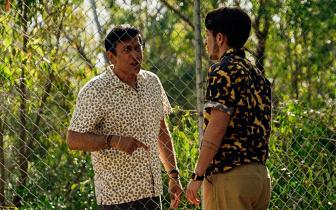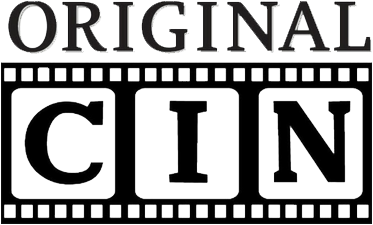Inside Out Film Fest: A Filmic History of Funding Gay Toronto, and Other Highlights
Toronto, a city famous for pretending to be other cities in commercial movies, plays itself in the documentary Supporting Our Selves, the centerpiece gala of this year’s Inside Out Film Festival.
This engaging, conversational documentary traces the history of the Community One Foundation, a non-profit organization which, for more than 40 years, has raised money for various needs in 2SLGBTQ+ people (two-spirited, lesbian gay, bisexual, transsexual, queer or questioning) in the greater Toronto area.
More than an institutional history, the film uses the organization as a lens to examine some of the crises, successes, controversies and generational differences of the gay community at large.
In some way, the film is something of an inside job. Producer Jenn Mason was approached by realtor Philip Kocev, whose partner, Andrew Mainprize, co-chairs the Community One Foundation. He thought a documentary about the organization, the evolution from grassroots activism in the 1970s to the present, could be a rich subject. He’s an executive director of the film.
“As a queer filmmaker,” says Jenn, “I was struck by the idea that this organization had such a massive impact in helping other organizations during a really bad time. They also gave Inside Out of some of their initial funding. But no one had really heard of them. I was also interested in the idea of looking back at what the need was back then and comparing it to the state of our community today.”
She went looking for a director who could “make this more than the organization’s history, to really use it to tell a story about our community, its strengths and struggles and growth.”
She connected with Lulu Wei, a cinematographer and director whose 2020 documentary feature, There’s No Place Like This Place, Anyplace (available on CBC GEM) was another Toronto story, the demolition and redevelopment of the historic Honest Ed's department store and the effects of gentrification on the neighbourhood.
“I hadn’t heard of the organization,” Lulu admits. “But I felt it was a way to look at the future of the community and some bigger issues like intersectionality and intergenerational connections, so that’s what drew me to it.”
The film moves between individuals and conversational clusters in loosely defined groups. There’s the old guard, including Harvey Hamburg, an activist lawyer, who brought together various gay and lesbian activists to form the Gay Community Appeal back in 1980.
This group also includes Rosemary Barnes, Geremy Vincent, Harold Desmarais, and Debbie Read and Michelle Jelley, who helped create the early Fruit Cocktail revues which raised money.
They lived through the police bathhouse raids of 1981, which politicized the community (the first Pride Parade happened four months later). This was also the generation that was scarred and shaped by the trauma of the AIDS crisis through the ‘80s and ‘90s and brought us to age of marriage equality and corporate and politically-supported Pride celebrations.




